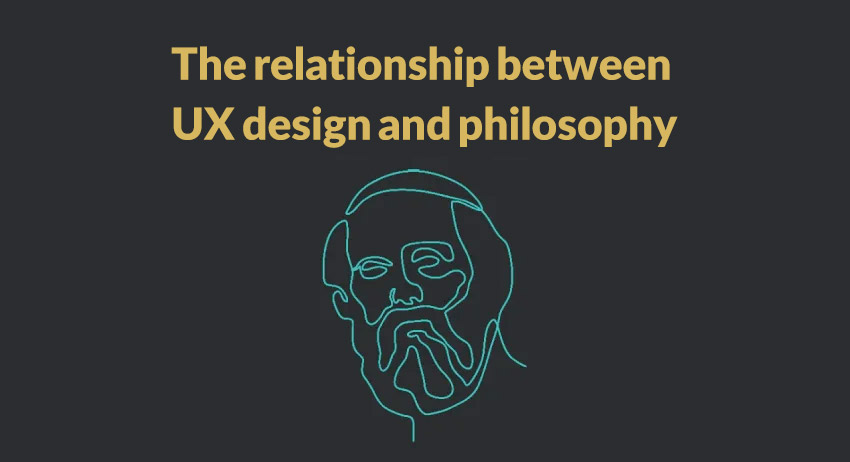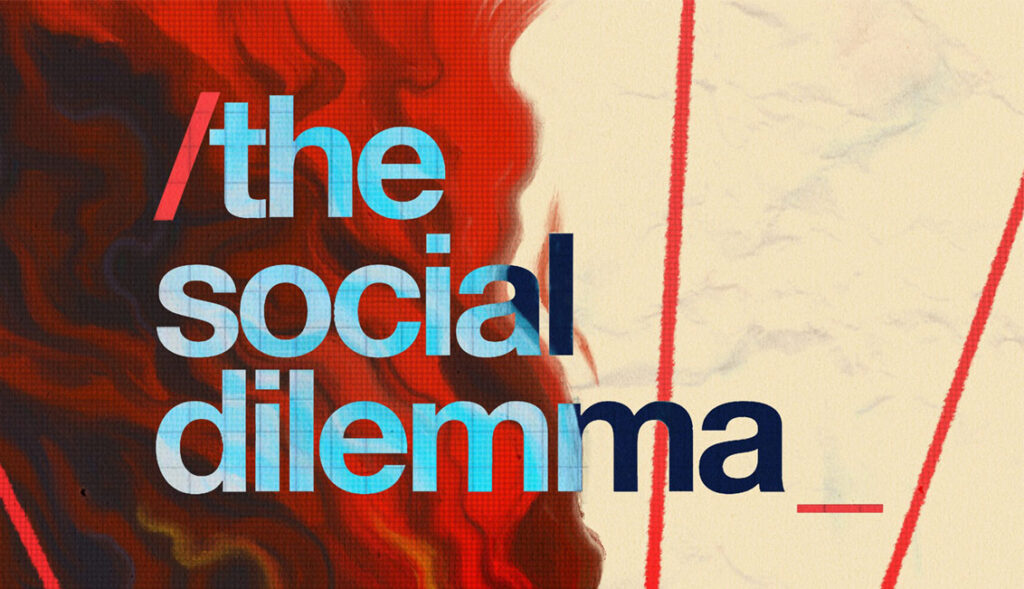The relationship between UX design and philosophy

Is it sufficient to master UX design tools, techniques, and skills? Are these three qualities necessary for being a good UX designer or UX writer? Without insight, attitude, philosophy, and wisdom, what is a user experience design community? Mastering our tools and techniques makes us better workers, not creators and transformers. The choice is ours whether to be a worker (and in the future a servant of technology) or a creator. Is there a connection between UX design and philosophy?
Philosophy in user experience design
In terms of philosophy in UX design, our minds subconsciously turn to different approaches to product design.
However, I focus more on responsibility in my article.
Laborer mentalities
In the field of user experience design, we flip through books, quoting an excerpt from a book here and there or quoting a prominent figure without thinking deeply about what they are saying. These writings teach us how to become better technicians, operators, and laborers. Generally, they don’t ask us to think about the consequences of our actions. Thus, we have turned off our consciousness and our questioning mind.
Here is an example:
said Lasdun in 1965
‘Our job is to give the client, on time and on cost, not what he wants but what he never dreamed he wanted and, when he gets it, he recognizes it as something he wanted all the time’,
In reading this quote, how many people ask themselves, “Do I have to make the user do something he didn’t want to do?” Isn’t this deception?
An earlier designer said:
Today I learned a great lesson. The job of a UX designer is not just to design a site or app that is simple and usable so that the user feels good.
Rather, the most important task of a UX Designer is to design the site or app according to the needs, problems, and feelings of users so that they visit it every day without noticing the passage of time, fall into a loop and go to different sections…
Inspired by the book hooked. A book that teaches you how to design an addictive product.
A passive slave or an active human being?
When I asked the author of the text above, “So what is the place of ethics?” She replied: “It is not a moral act, but human beings have authority. For example, I do not use Twitter because it takes a lot of our time and is useless.” “And I said, ‘Suppose you work on Twitter, do you still have that opinion?’ “Yes, I’m working as a designer. People need to be aware of their digital literacy so that they can manage their time,” she wrote.
This question and answer reminded me of an Iranian proverb that is an allusion to one’s irresponsibility. In that proverb, one tries to introduce oneself as a worker who does not care what he does. “Embalmer is not the guarantor of heaven and hell.”
Such an approach is probably common in many people in the user experience design community. The question is: in this case, what are we but a worker (technical operator)? Without philosophy, insight, and attitude, what is left of us but “ability to work” and “skill to do work”?
Have we come to this world to be passive workers in the production line of capitalism or a seeker and activist? What do we want from a user experience design? The only money to consume?
Stylish workers in the modern world
We might have been a plumber or an ice cream vendor. In this case, too, we had to be equipped with skills. One deals with ice cream, and we deal with Mac Books or iMacs or any other type of computer. One is skilled in working with screws, threads, valves, and telephone tapes, and we are skilled in working with Figma, Zeppelin, Sketch, and so on.
In the modern world and the capitalist economy, a worker never plays a vital role. E. L. Doctorow in his novel Ragtime gives an overview of this type of economy: where Henry Ford, by setting up a production line, deprives workers of their effective individuality, thus providing less risky conditions for the removal and replacement of workers.
In the capitalist economy, and in Adam Smith’s view, you are a low-impact circle in the production chain, you can easily be replaced. No one in this process is transformative role-creating and creative, but each worker is hired in a specific place depending on the level of skill required for a particular job.
Please do not be fooled by the creativity that distinguishes our designs from each other. Most of us are skilled workers, stylish workers.

Are we irresponsible?
Do we want to be skilled operators for the technologies and products of others or do we want to make a change in the interest of humanity? Do not confuse my words with adolescent idealism, I’m talking about human beings. Do you agree that you and I design products for humans? Is it moral to ignore humanity?
As a user experience designer or UX writer, when we become active in our job role, we are actually influencing a wide range of people in the community. We are sitting at a strategic and important point, a point that affects the lives, souls, and livelihoods of human beings. The bigger and more important the product, the more sensitive our role is.
Why are UX design and philosophy intertwined? Because without considering the basic human concepts, we become dangerous producers, people who inadvertently change human life, and then, if they are lucky, repent like the Facebook Like Button Designer.
The relationship between UX design and philosophy
An authoritarian leader or an artilleryman can change history, kill or displace people. There is bloodshed, death, and displacement here, and because the media loves to create excitement, this is how the news gets to us more. Henry Ford, Adam Smith, Marx, and the like had profound effects on their contemporaries and generations after them. We can hardly relate famines, economic pressures, crimes, family breakdowns, wars, etc. to Ford, Smith, Marx, or others because the news does not tell the truth.
A feature, a product, a tone, a sentence, a word, a color, a process, are all details in which we play a role and thus affect millions of people. Does what we are designing help improve human life or drown it in a quagmire of consumerism and debt and loneliness and the destruction of originality?

Our responsibility in designing UX and philosophy
The French philosopher Jean-Paul Sartre speaks of our responsibility for our social and individual actions in his existentialist explanation of “anxiety.” He writes:
If I am a worker, for instance, I may choose to join a Christian rather than a Communist trade union. And if by that membership, I choose to signify that resignation is, after all, the attitude that best becomes a man, that man’s kingdom is not upon this earth, I do not commit myself alone to that view. Resignation is my will for everyone, and my action is, in consequence, a commitment on behalf of all mankind. Or if to take a more personal case, I decide to marry and to have children, even though this decision proceeds simply from my situation, from my passion or my desire, I am thereby committing not only myself but humanity as a whole, to the practice of monogamy. I am thus responsible for myself and for all men, and I am creating a certain image of man as I would have him to be. In fashioning myself I fashion man …… When a man commits himself to anything, fully realizing that he is not only choosing what he will be but is thereby at the same time a legislator deciding for the whole of mankind — in such a moment a man cannot escape from the sense of complete and profound responsibility. There are many, indeed, who show no such anxiety. But we affirm that they are merely disguising their anguish or are in flight from it. Certainly, many people think that in what they are doing they commit no one but themselves to anything: and if you ask them, “What would happen if everyone did so?” they shrug their shoulders and reply, “Everyone does not do so.”
But in truth, one ought always to ask oneself what would happen if everyone did as one is doing; nor can one escape from that disturbing thought except by a kind of self-deception. The man who lies in self-excuse, by saying “Everyone will not do it” must be ill at ease in his conscience, for the act of lying implies the universal value which it denies By its very disguise his anguish reveals itself.
Existentialism is a Humanism
UX Design without philosophy, insight, and attitude
Designing a user experience without philosophical studies and achieving insights and attitudes is the same as working, just a little more stylish. A designer and writer who shuts down his mind and considers himself an agent is no different from a replaceable worker because there is always another technician to take his place and help the wheels spin with the same skills.
One who designs products for human beings and affects a wide range of human beings cannot be indifferent to the soul, psyche, and livelihood of human society. So, before he has the skills to work, he must be an insightful person.
What kind of person am I if I am involved in a product that takes advantage of the economic downturn and people’s livelihood problems to make themselves richer? Do my stylish clothes and modern tools give me humanity and personality? Can I consider myself a human being if I share a product that ultimately sums up the life of a man or a woman today in an attempt to settle tomorrow’s debt? If the product of which I am part of the production chain helps to restrict human freedom and neglect and waste people’s lives, can I ignore my share in this crime?
In his article on user experience design, Colin Pfender explains:
But how might we come to know when the design is most appropriate to serve our stakeholders? Horst Rittel (1988) remarked in his work, “The Reasoning of Designers,” “…that all deliberations terminate with judgments (“Good enough! “, e. g. ) which may be ‘based’ on the deliberations, but are not derived from them” (p. 5). I believe what he is communicating here is that all design must terminate in the judgement of the designer, such that the designer takes responsibility for the judgement, and the consequences which extend from it, be them known or future invisibilities. The way Rittel reasons for this is his concept of epistemic freedom. Epistemic as it applies to the ways a designer seeks to know the situational truths that pervade a design situation or problem space. As I mentioned before, I believe good designers work by acknowledging the immediate and future implications of their designs on stakeholders. And although designers can use trusted sources of knowledge to help generate ideas, there is no way in which the final designs can be evaluated as “right” or “wrong” based on this criterion. Instead, I believe it takes a great designer to acknowledge their humility (Rittel, p. 6). They must vocalize what they can know as well as what they cannot; they should explain why they trust and depend on their sources for knowledge. I do not believe cold, mechanical empiricism can guarantee the right design. I believe the only guarantor for a design is the designer or design team themselves. As is so, I believe designers must also take complete responsibility for their outcomes.
Colin Pfender – Defining your UX design philosophy
The skill of living, the skill of working
Living in all its details (including working) is not a God-given science that has been passed down to us from the umbilical cord. Living and working are skills to be learned. Thinking and learning and gaining knowledge, insight, and attitude help us to be more than just a gear in the great machine of capitalism.
If we are to design a user experience, we must first commit to untying the knot of our own lives and those of other human beings.
This post was an attempt to force the audience and me to ask a mental question. “why why?” And “Why?” It is these Socratic questions that lead the way. This is the most important connection between UX design and philosophy.
This article was also published in UX Collective BootCamp.


